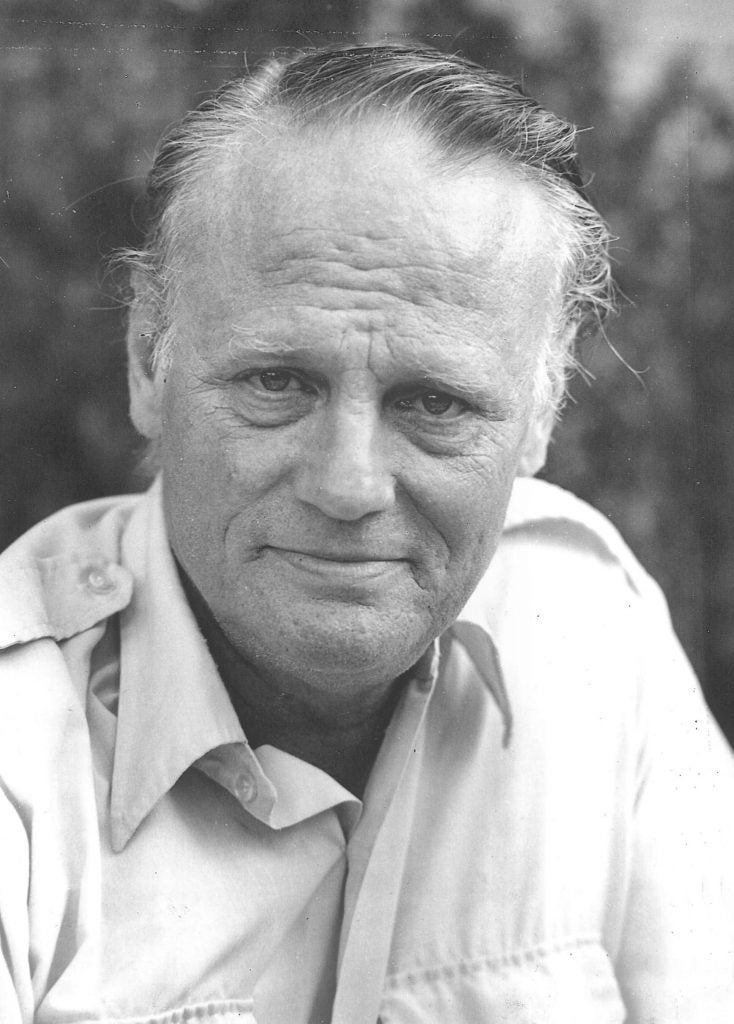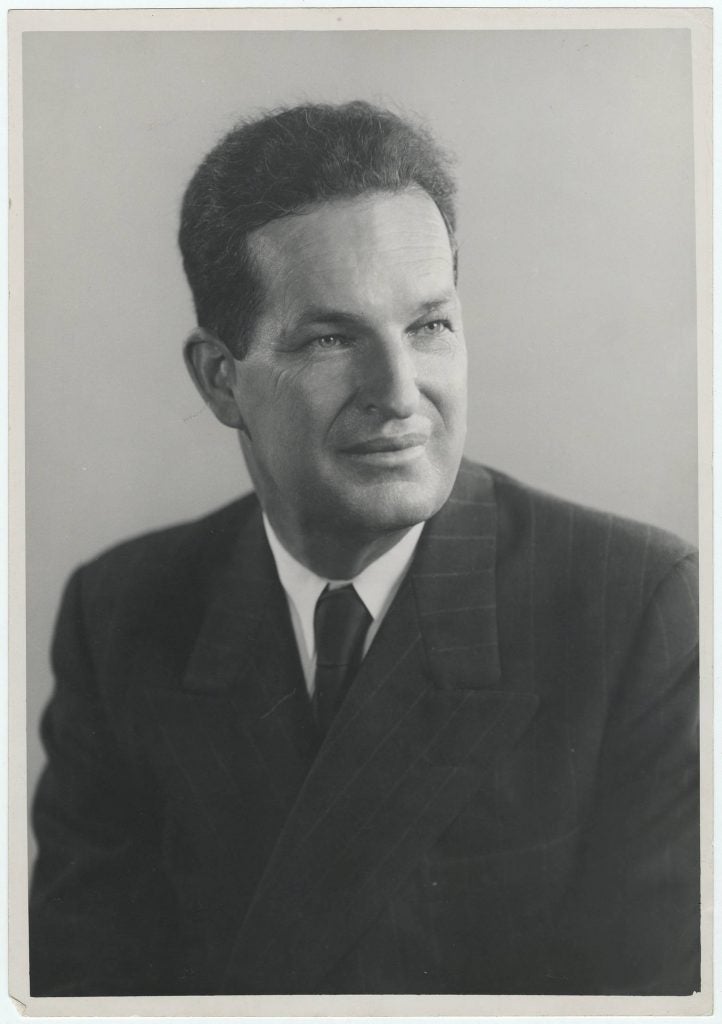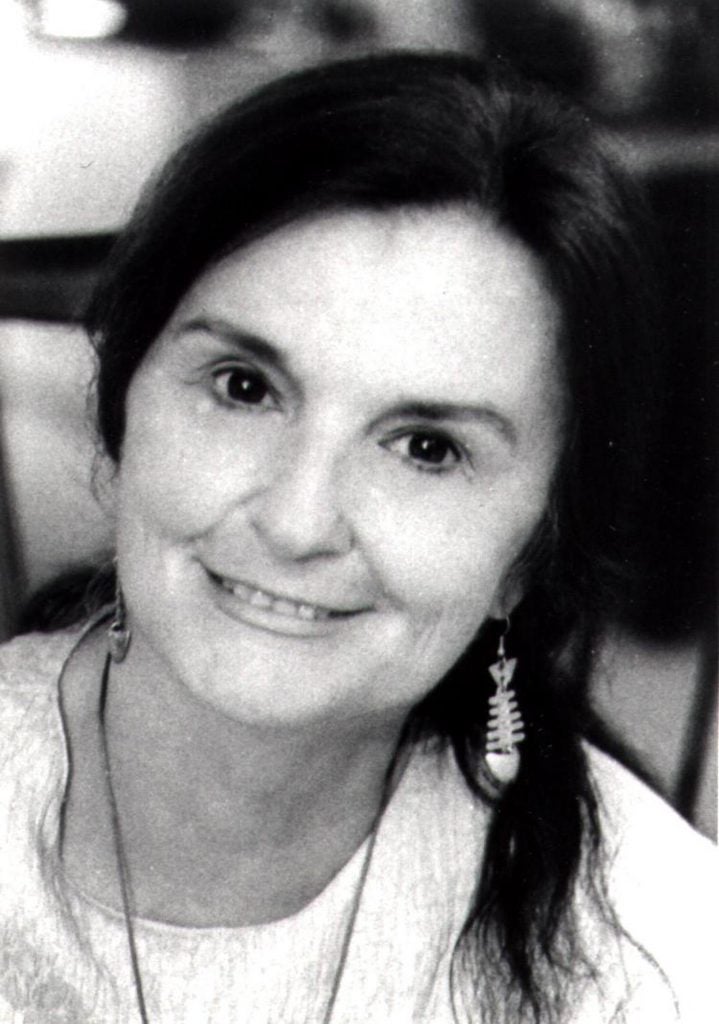NCLR accepts submissions through Submittable.
Please read through these guidelines before submitting.
Note the reading periods and deadlines for the various genres of writing we publish.
Find Submittable instructions on our Submit Online page.
NCLR publishes interviews with and literary essays on North Carolina writers and high-quality poetry, fiction, drama, and creative nonfiction by North Carolina writers or set in North Carolina. We also welcome pedagogical submissions related to North Carolina literature. Our definition of a North Carolina writer is anyone who currently lives in North Carolina, has lived in North Carolina, or uses North Carolina as subject matter.
Submit literary criticism and Interviews with North Carolina writers as a Word file, double-spaced, with 1-inch margins. Please consult NCLR’s author style sheet for other formatting guidelines, including source documentation. See below to determine which section of the issue your critical essay or interview would be appropriate for. Find a list of interviews we’ve published here to read examples of our expectations for interview introductions.
NCLR encourages writers to submit relevant art and photography with articles and interviews. Find image guidelines here.
NCLR AI Policy:
As we continue to offer financial awards and publishing opportunities for writers and scholars, we’re introducing measures to protect and ensure the integrity of our creative writing contests and NCLR submissions in general from the influence of artificial intelligence.
The following policy will apply to all submissions to NCLR. This and other policies may undergo revisions to adjust for ongoing developments in artificial intelligence: Artificial intelligence (AI) approximates human-like language very well and can generate content in a literary style. Other kinds of AI can generate convincing images. NCLR has established contest opportunities to award human creativity. As such, the use of Generative AI technologies like ChatGPT, Bard, Watson, and similar tools is strictly prohibited.
NEW: Teaching
North Carolina Literature

In 2022, North Carolina Humanities awarded NCLR a Community Research Grant to launch our pedagogical initiative.
Following a first round of submissions in NCLR Online Fall 2023, with additional materials in a repository on our website, we continue to call for pedagogical content.
Find submission guidelines here.
Special Feature Section
Much of each issue is thematically focused, but creative writing submissions (considered through our competitions) do not have to focus on an issue’s theme.
Future Special Feature Section Topics
(subject to change)
Direct questions about the special feature section to the Editor or to the guest editor.
Ideas for future special feature topics are welcome! Please send the (literary) topic you would like to see us explore to the Editor.
2026: “Saluting Veterans’ Writing” (submissions due Aug. 31, 2025). Guest Feature Editor Anna Froula from East Carolina University.
North Carolina hosts military bases for four out of five branches and is home to over 750,000 veterans who have answered the call to serve their country stateside and abroad. Whether explored through characters, journalism, memoir, poetry, drama, or other genres, veterans offer frank and enriching narratives about military experience, whether in combat or in other Military Occupational Specialties. This special feature section of NCLR seeks to bridge the gap between military personnel and civilians by celebrating veteran writers and their impacts on literary and cultural studies.
Literary criticism and interviews due by August 31, 2025.
Creative nonfiction, fiction, and poetry by veterans, current military, military family members, and related to the theme should be submitted through relevant contest entries.
Submit final essays/interviews through Submittable.
And if you know of recent literature by NC writers that should be reviewed in the feature section of the 2026 online issues, please email us at NCLRStaff@ecu.edu.
Creative nonfiction, fiction, and poetry by or related to the theme should be submitted through relevant contest entries.
Future special feature topics planned: NC Mysteries and Thrillers
The special feature section is just one section of each issue. Content throughout the rest of the issue varies.
Flashbacks: Echoes of Past Issues
In this section of each issue, we publish articles, interviews, and creative writing (poetry, fiction, and cnf submitted through our competitions) that hearken back to previous issues.
North Carolina Miscellany Section
A portion of each issue is open to other NORTH CAROLINA-related writers and writing (not related to the special feature section topic), including interviews with North Carolina writers, literary criticism (without academic jargon) on North Carolina writers, and creative writing by North Carolina writers (poetry, fiction, and cnf submitted through our competitions). We are particularly interested in articles and interviews that introduce new North Carolina writers or re-introduce neglected North Carolina writers.
John Ehle Prize

sponsored by Press 53
In 2019, NCLR collaborated with Press 53 of Winston-Salem to create a $250 honorarium for the author of the best work we’re publishing that year on a writer whose work has not (yet or in some time) received the critical attention it deserves (essays on the work of John Ehle included). Eligible content may be for any section of the issue (feature, Flashbacks, or NC Miscellany) and can be literary criticism or an interview. All submissions are blind reviewed by appropriate literary scholars. In the event that more than one paper or interview recommended for publication in a given year is deemed eligible for this prize, the editor will invite an appropriate external reader to select which will receive the prize. Previous winners include essays on George Moses Horton, John Ehle, and Carolyn Kizer and an interview with Moira Crone.
Randall Kenan Prize

sponsored by the UNC Chapel Hill Creative Writing Program
Another NCLR mission is to promote new writers. Since 2021, the UNC Chapel Hill Creative Writing Program has provided a $250 honorarium to the author of the best essay on or interview with a new (or relatively new) North Carolina writer, selected for publication in our pages. Eligible content may be for any section of the issue (feature, Flashbacks, or NC Miscellany). In the event that more than one essay or interview recommended for publication in a given year are deemed eligible for this prize, the editor will select the recipient, or a judge will be selected by the editor to select which will receive the prize. Previous winners include an interview with Nathan Ballingrud by Jim Coby; an essay on Michele Tracy Berger; and an essay on introducing children’s books by Lumbee authors to an elementary school class in Robeson County, by Jane Halladay.
Paul Green Prize

sponsored by the Paul Green Foundation
NCLR is collaborating with the Paul Green Foundation to inspire scholarship on the works of North Carolina’s preeminent playwright, the author of The Lost Colony. The Paul Green Foundation will provide a $250 honorarium to the author of the best Paul Green–related content accepted for publication in the North Carolina Literary Review. Submit for prize consideration through Submittable (in the Flashbacks category, unless your submission is relevant to the year’s special feature section theme). Scholars interested in this opportunity might consider applying for an Archie K. Davis Fellowship for funds to visit the Southern Historical Collection at UNC Chapel Hill, where the Paul Green Papers are located (note: Davis fellowship applications are due by March 1 each year).
Creative Writing
NCLR also publishes high-quality Creative Writing by North Carolina writers or set in North Carolina (no connection to special feature section topic necessary). Again, our definition of a North Carolina writer is anyone who currently lives in North Carolina, has lived in North Carolina, or uses North Carolina as subject matter.
IMPORTANT: All poetry, fiction, and creative nonfiction must be submitted through the competitions described below. Contest results are announced within 4 months of the deadline.
Creative Nonfiction is accepted January 15 through March 1 for the Alex Albright Creative Nonfiction Prize competition. The winner receives at least $250 of the $1000 prize funding and publication in NCLR. Finalists will also be considered for publication and receive honoraria. See the competition guidelines for more information. The submission deadline is March 1.
Poetry submissions are accepted April 1–30 for NCLR’s James Applewhite Poetry Prize and Jaki Shelton Green Performance Poetry Prize competitions. The winner receives $250 and publication in NCLR. Finalists will also be considered for publication and receive honoria. Find more information via each contest’s guidelines.

Fiction submissions are accepted September 15 through October 31 for the Doris Betts Fiction Prize competition, sponsored by the North Carolina Writers Network, which awards the author of the winning story $250 and a full scholarship to the Spring Conference and has another $250 for finalists selected for publication. NCLR handles the submissions for the Network, publishes the winner and select finalists, and nominates the winning story for a Pushcart Prize and an O. Henry Award. The competition guidelines can be found on the North Carolina Writers Network website.
One-Act Plays are also welcome. If related to the special feature section topic, submit by that deadline (Aug. 31 of the preceding year). Other drama submissions are accepted year-round. If your one-act play is not related to the special feature section, submit it to the North Carolina Miscellany section unless it is related to a past special feature section, in which case, submit to the Flashbacks section.
Submissions FAQs
What are your page length requirements?
See the length limits in the Albright (creative nonfiction), Betts (fiction), and Applewhite (poetry) competitions. We do not have specific length limits for other submissions. We don’t like the idea of losing good material because someone was trying to stay under a specific word count. The pattern seems to be that the longer articles/interviews in an issue run about 5000 words.
How do I submit my work to NCLR?
NCLR is using Submittable to handle submissions. The submission process is entirely online. If you have not used Submittable before, go to the Submit Online page for additional help to get started.
Do you still take submissions via US Mail?
We prefer not to and will request of those who mail submissions to us to resubmit electronically. If there is some problem with the online submission process or some other reason that you cannot submit electronically, please contact us via our staff email address.
What is the current response time for submissions?
See the Albright (creative nonfiction), Betts (fiction), and Applewhite (poetry) competition guidelines regarding notification timeline for these submissions. For other submissions, we try to respond within 1-3 months. We welcome your gentle reminders if we have not responded within these time periods.
Are you a refereed publication?
Yes, although we do solicit some content. Scholarly submissions and uninvited interviews are refereed and even solicited interviews are not guaranteed publication until members of the editorial staff and board approve them. Most of the creative writing we publish is considered through blind submission to the competitions we manage.
Do you consider previously published work?
On rare occasions (and usually within the special feature section), NCLR publishes previously published work, but usually only a work that is no longer available. Please check with the editor before submitting work that has been published elsewhere.
North Carolina Literary Review
East Carolina University
Mailstop 555 English | Greenville, NC 27858-4353
NCLRstaff@ecu.edu | 252-328-1537
